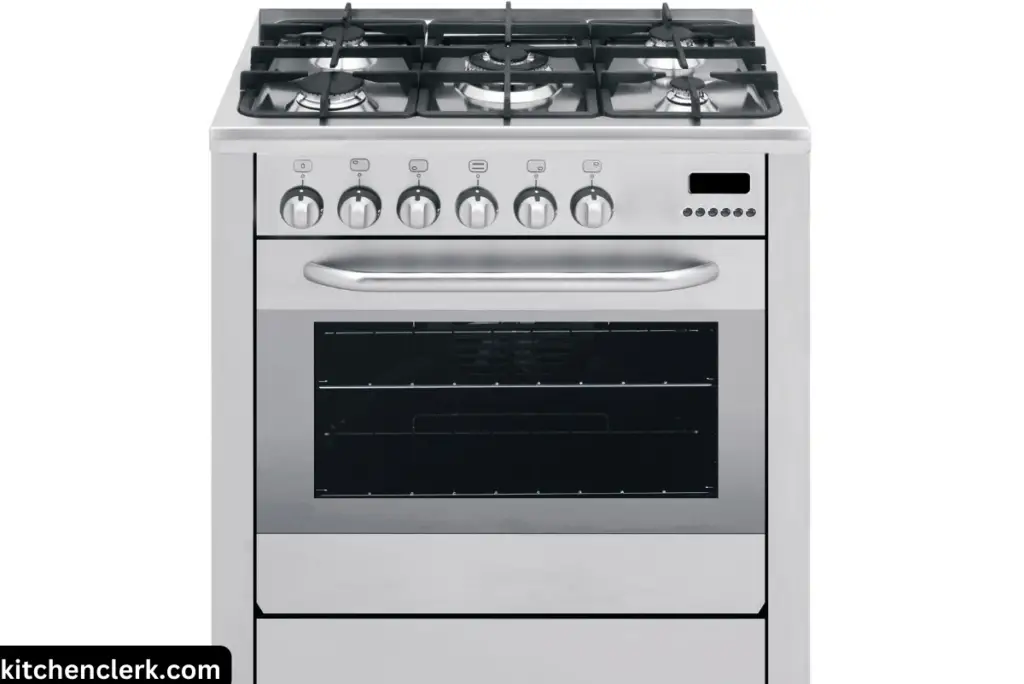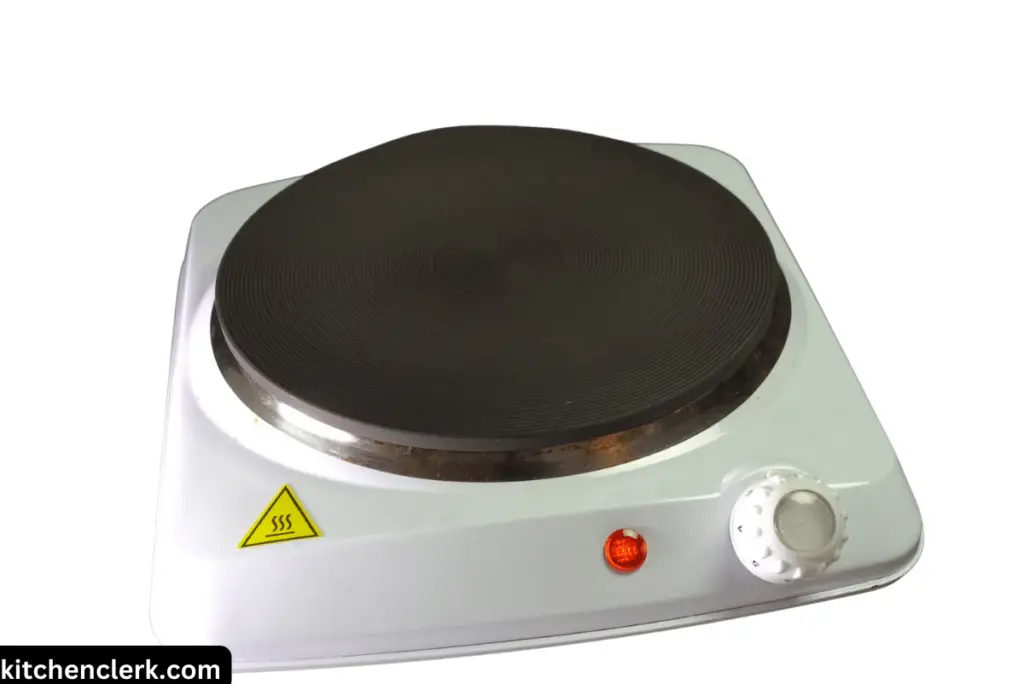When it comes to choosing a cooker for your kitchen, the decision between gas and electric can be a tough one.
Each option has its own set of advantages and disadvantages, making it essential to understand the differences before making a purchase.
I have had the opportunity to work with both gas and electric cookers extensively, and I can say that it is hard to pick one as my favorite cooker.
In this article, I will provide a comprehensive comparison between the two, taking into account factors such as cooking performance, energy efficiency, and overall convenience.
By the end, you will have a clear understanding of which cooker is best suited to your cooking needs and preferences.
Factors to Consider Before Choosing
When deciding between a gas cooker and an electric cooker, there are several key factors to consider. Each factor plays a role in determining which type of cooker is the best fit for your needs. Let’s delve into each factor in detail:
1. Cooking style and precision
Consider your cooking style and the level of precision you require in your culinary endeavors. Gas cookers offer precise control over the flame, allowing for instant adjustments in temperature. If you frequently engage in cooking techniques that demand quick temperature changes, such as searing or sautéing, a gas cooker might be the better choice for you.
The immediate response of the flame to adjustments enables more accurate control over the cooking process. On the other hand, electric cookers provide more consistent heat, making them suitable for slow cooking or simmering dishes that require a steady and even temperature.
2. Energy efficiency
Energy efficiency is an important consideration in today’s environmentally conscious world. Gas cookers tend to be more energy-efficient compared to their electric counterparts. The direct use of gas as a heat source results in minimal energy loss during the cooking process.
In contrast, electric cookers require the conversion of electrical energy into heat, which may lead to some energy wastage. However, it’s worth noting that modern electric cookers have made significant strides in improving their energy efficiency compared to older models.
3. Safety and maintenance
Gas cookers carry a higher risk of fire or gas leaks, particularly if not properly maintained or used incorrectly. Adequate ventilation is essential when using gas cookers to prevent the accumulation of harmful gases.
Regular maintenance, such as checking for gas leaks and ensuring the proper functioning of the burners, is crucial to minimize safety risks. On the other hand, electric cookers eliminate the risk of gas-related accidents and leaks.
However, they come with their own set of safety concerns, such as electrical hazards if not used correctly. It’s important to follow the manufacturer’s guidelines and safety precautions for both types of cookers.
4. Initial cost and operating expenses
Financial considerations play a significant role in the decision-making process. Gas cookers generally have a higher upfront cost compared to electric cookers. This is due to installation requirements, such as the need for gas line connections and potential professional assistance. On the other hand, electric cookers have a lower initial cost since they only require a power outlet, which is widely available in most households.
5. Availability of resources
The availability of resources in your area is another factor to take into account. Gas cookers require access to a natural gas line or propane supply. Not all areas have readily available gas connections, and installing a gas line can be costly.
On the other hand, electric cookers only require a standard power outlet, which is generally more accessible. The ease of installation and the availability of electricity in your area can influence your decision between a gas and electric cooker.
Advantages of Gas Cookers

Gas cookers offer several advantages:
- Gas cookers provide immediate heat as soon as you turn on the burner. This allows for precise control over the cooking temperature.
- Gas burners distribute heat evenly across the cookware, reducing the chances of uneven cooking.
- Gas cookers are compatible with a wide range of cookware, including cast iron and copper, making them suitable for various cooking techniques.
Disadvantages of Gas Cookers
However, gas cookers also have some drawbacks:
- Gas cookers require access to a natural gas line or propane supply, which may not be available in all areas. Installing a gas line can also be costly.
- Gas cookers carry a higher risk of fire or gas leaks compared to electric cookers. It’s essential to follow safety guidelines and ensure proper ventilation.
- The open flame of gas burners can lead to the accumulation of food residue, making the cleaning process more challenging.
Advantages of Electric Cookers

Electric cookers offer their own set of advantages:
- Electric cookers only require a power outlet, which is widely available in most households. There is no need for gas lines or additional installations.
- Electric cookers eliminate the risk of gas leaks and open flames, making them a safer option, especially in households with children.
- Electric cookers often have a smooth, glass-ceramic cooktop that is easy to clean and provides a sleek appearance.
Disadvantages of Electric Cookers
However, electric cookers also come with certain disadvantages:
- Electric cookers take longer to heat up compared to gas cookers. This can result in increased cooking time, especially for recipes that require quick temperature changes.
- The heating elements in electric cookers may not distribute heat as evenly as gas burners, leading to potential hotspots and uneven cooking.
- Electric cookers are not suitable for all types of cookware. They may require flat-bottomed pots and pans for optimal heat transfer.
FAQs
Can I use any type of cookware on a gas cooker?
Gas cookers are compatible with a wide range of cookware, including cast iron, copper, stainless steel, and aluminum. However, be cautious with cookware that has uneven bottoms, as it may affect heat distribution.
Are electric cookers more expensive to operate than gas cookers?
Electric cookers typically have higher operating expenses compared to gas cookers, as electricity is generally more expensive than natural gas. However, the actual cost difference depends on your local energy prices and usage patterns.
Do electric cookers heat up slower than gas cookers?
Yes, electric cookers generally take longer to heat up compared to gas cookers. It’s important to consider this factor if you prefer quick temperature changes in your cooking.
Can I convert a gas cooker to an electric cooker or vice versa?
Converting between gas and electric cookers is not a simple process and may require significant modifications. It’s best to consult a professional if you want to make such a change.
What is the lifespan of gas and electric cookers?
The lifespan of cookers varies depending on the brand, model, usage, and maintenance. On average, gas cookers tend to last longer than electric cookers, but proper care and maintenance can extend the lifespan of either type.
Conclusion
If you value precise control, quick heat response, and compatibility with a wide range of cookware, a gas cooker may be the best choice for you. On the other hand, if energy efficiency, modern convenience, and easy maintenance are your priorities, an electric cooker might be the better option.
In the end, no matter whether you choose a gas or electric cooker, the most important thing is that it meets your cooking requirements and brings joy and efficiency to your culinary adventures.
What type of cooker do you prefer in your kitchen? Share your thoughts and experiences in the comments below.
